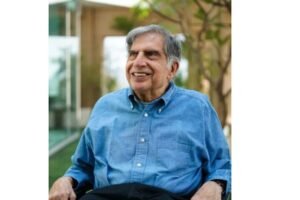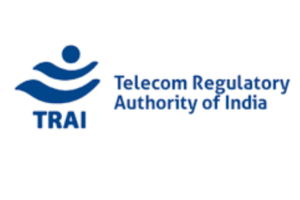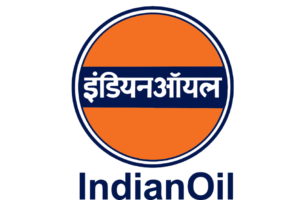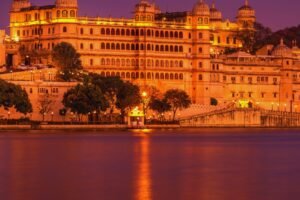
Gautam Adani the Indian billionaire who is Asia’s richest man and has vaulted ahead of Jeff Bezos in this year’s plans to build renewable power plants, thrusting him into the heart of an international political clash. Sri Lanka is in the throes of its worst economic crisis since its independence from Britain in 1948.
The forefront of those efforts is Adani, who is a long-time supporter of the Indian Prime Minister. Narendra Modi, and has been accused by some Sri Lankan lawmakers of signing opaque port and energy deals closely tied to New Delhi’s interests, something his group has always denied, saying the investments meet Sri Lanka’s needs.
Adani controls a sprawling empire that spans ports, coal plants, power generation, and distribution. While he derives the vast majority of his fortune from India, Adani has gradually made more overseas deals and told shareholders in July that he seeks a “broader expansion” beyond India’s borders with several foreign governments approaching his conglomerate to develop their infrastructure.
In countries where the Indian government has better relations than the Chinese government, Adani could find success,” said Akhil Ramesh, a resident fellow at the Pacific Forum research institute in Honolulu.
While India lacks the financial firepower of its neighbor, Adani’s investments in countries such as Israel and Sri Lanka compete with Chinese state-owned firms.
Adani’s investments there were described to Bloomberg News by multiple Indian and Sri Lankan officials as advancing the Modi administration’s objectives on the tear-drop-shaped island, in much the same way that his businesses in ports, power, and cement coincide with the government’s economic priorities at home
In October last year, Adani emphasized the “strong bonds” between the two nations when he met with then Sri Lankan President Gotabaya Rajapaksa, just months after inking a $750 million Colombo port deal. It was a rare example of Indian infrastructure investment in Sri Lanka, after Colombo in previous years pivoted to Beijing which has funded everything from highways to ports through Belt and Road — and splurged on debt-fueled projects.
after that meeting, a team from Adani Group which is targeting a $70 billion move toward green energy — toured Sri Lanka’s north. The region has been starved of investment since the end of the country’s 26-year civil war in 2009. The visit seemed a turning point, as not long after the Rajapaksa administration terminated Chinese solar projects on islands in the Palk Strait between India and Sri Lanka because of security concerns from New Delhi, according to multiple people with direct knowledge of the matter. China’s embassy in Colombo later confirmed the end of the solar projects on social media.
The Indian billionaire has even started to publicly criticize China, saying in September at a conference in Singapore, that China was “increasingly isolated” with Belt and Road facing “resistance.”
Even so, Adani’s global ambitions face challenges. As the billionaire boosted his influence in Sri Lanka, local media and opposition politicians have claimed that his companies have skirted due process. Soon after Sri Lankan media reported that Adani signed the northern power agreements in March, Ajith Perera, the chief executive of the Samagi Jana Balawegaya the country’s largest opposition party protested what he called Adani’s “back door” entry into the country’s energy industry.




